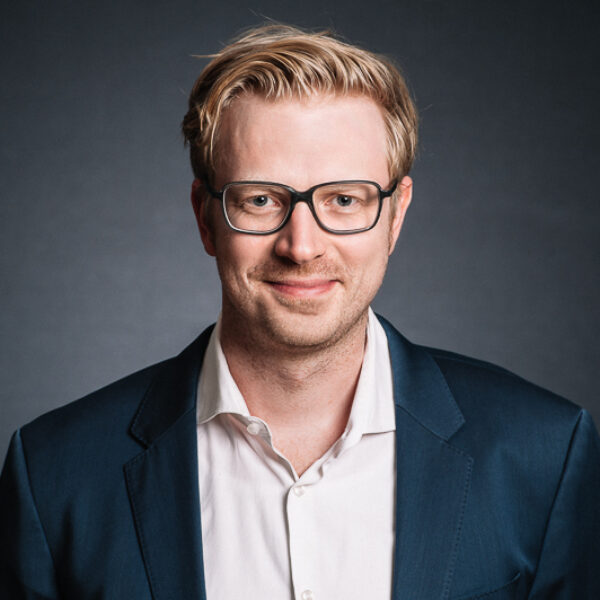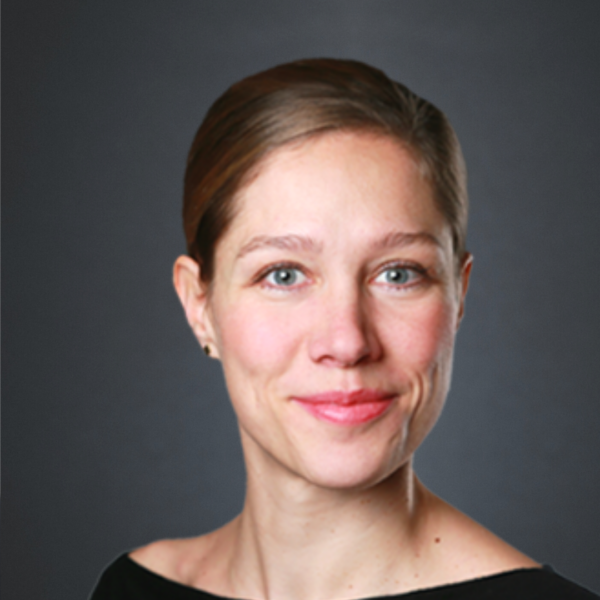The next German government has a historic opportunity to set a progressive agenda for the coming decade. Read our newsletter to find out what’s at stake. Plus: All the latest publications & news from Das Progressive Zentrum.
Read our latest newsletter ❯
Editorial
by Dominic Schwickert, Michael Miebach & Judith Siller
The 2021 German Election marked the end of the Merkel era. As the country moves on, there is a once-in-a-generation opportunity to kick-start a new political era. The framework for such a political shift is there: the German electorate voted out “business as usual” and gave a clear mandate to parties with a progressive agenda. A transformative coalition made up of the Social Democrats (SPD), the Greens, and the Free Democrats (FDP) are on the brink of forming a governing coalition that has the potential to shape a decade of transformation with bold and forward-looking policies.
However, none of these parties can exclusively claim to be the only party of progress. Since its founding, Das Progressive Zentrum has offered a space in which an array of progressive political actors can find common ground through productive dialogue. Our task since 2007 has been to build bridges across parties and political camps in the search of the best path forward. The spread of the election results will require the next governing coalition to take exactly such an approach. In light of the pressing challenges facing Germany and liberal democracies across Europe, a social, green, and liberal triangle of progress is more urgently needed than ever before.
To succeed, the parties involved should understand their own ideas of progressive politics as complementary shades of progress. Despite all of their differences, they need to recognize the necessity of acting as a coalition unified by the goal of transformative policy. If the coalition focuses only on the lowest common denominator of shared interests, mere coexistence, or a strict division of labor within the government, they will not be able to adequately face the challenges ahead and squander a once-in-a-generation opportunity for a political paradigm shift.
Taking political responsibility for the climate, strengthening the economy, investing in the future, technological innovation, increasing the government’s ability to act, improving social security, and protecting an open, cohesive and respectful society – are all interests of the prospective coalition partners and do not contradict but rather complement each other, irrespective of their feasibility. It will not be easy to find common ground to truly make the 2020s a transformative decade. Yet, we must try.
We at Das Progressive Zentrum believe that a social, green and liberal coalition can succeed in this undertaking and successfully transform German politics. We intend to support this cause however possible.




